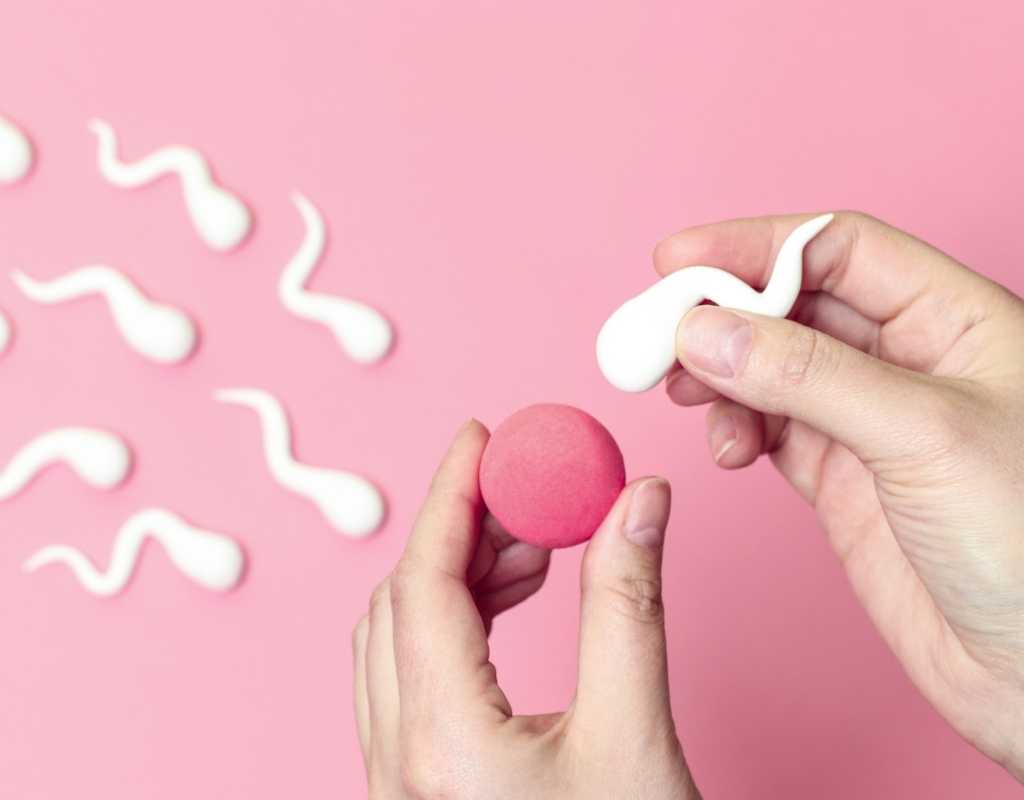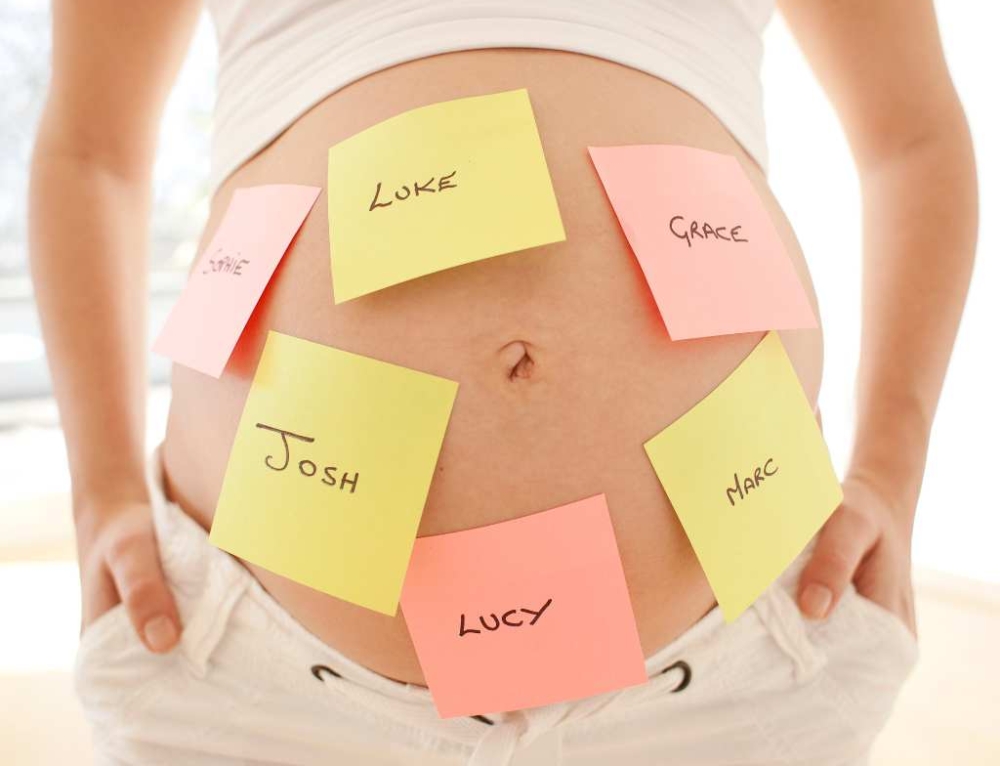Falling pregnant … it sounds simple, almost accidental! Of course, it’s not always that easy. Whether it’s your first child or your fifth, when you’ve decided that the time is right to conceive, waiting for that thin blue line to appear can seem like the longest minute of your life (or at least since the last time you peed on a stick!).
If you find that conception is taking longer than you had hoped, you may be wondering if you should seek the assistance of a fertility expert.
What affects my chances of conceiving?
The odds of conceiving depend upon a few factors, plus a bit of luck! A woman’s age plays a big part in fertility. A woman in her mid-20s without any fertility issues will have about a 15-25% chance each month of conception if intercourse happens during the fertile phase. However, after age 30 fertility begins to drop and more so after age 40.1
Understanding your fertility cycle can be highly beneficial in improving your chances of conception. Also, the amount of sex that you have matters. Around 84% of couples who have been having regular unprotected sex (every 2 or 3 days) will fall pregnant within a year.2
Other factors that can affect fertility include:2
- Being overweight or severely underweight can affect ovulation
- Some sexually transmitted infections (STIs) can affect fertility
- Smoking (including passive smoking) may reduce semen quality
- Drinking too much alcohol can affect sperm quality
- Exposure to environmental factors like pesticides, solvents and metals has been shown to affect male fertility
- Stress may affect ovulation and sperm production but can also lead to a loss of sex drive
- Conditions like polycystic ovaries, endometriosis or low sperm count may also have an impact. Speak to your healthcare professional if you are concerned about any of these conditions.
You are not alone
Around 1 in 7 couples may have difficulty conceiving.2 If you’re young and have been trying for a year, it’s recommended to talk to your GP or health provider about being referred to a fertility specialist. If you’re a woman aged 36 and over, or either partner has had fertility issues in the past, it’s advisable to only wait for six months of trying before seeking help.
The fertility specialist can determine your options for fertility assessment and possible treatment for both you and your partner
Sources:
1 WebMD.com: Baby – Getting Started on Getting Pregnant (November 2021)
2 NHS UK: Conditions – Infertility (February 2020)
Written by Kidspot NZ.
See more:







Leave A Comment
You must be logged in to post a comment.